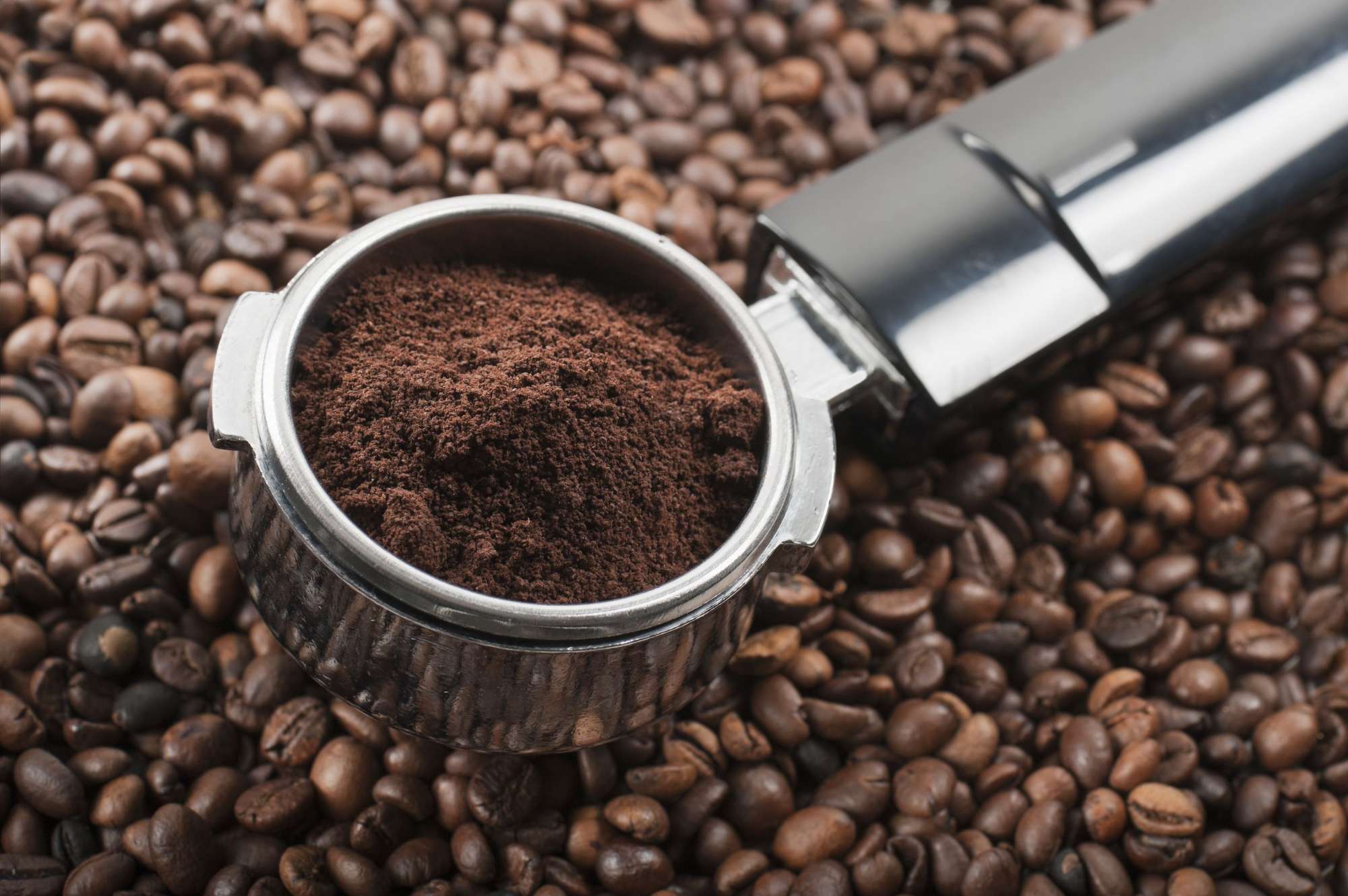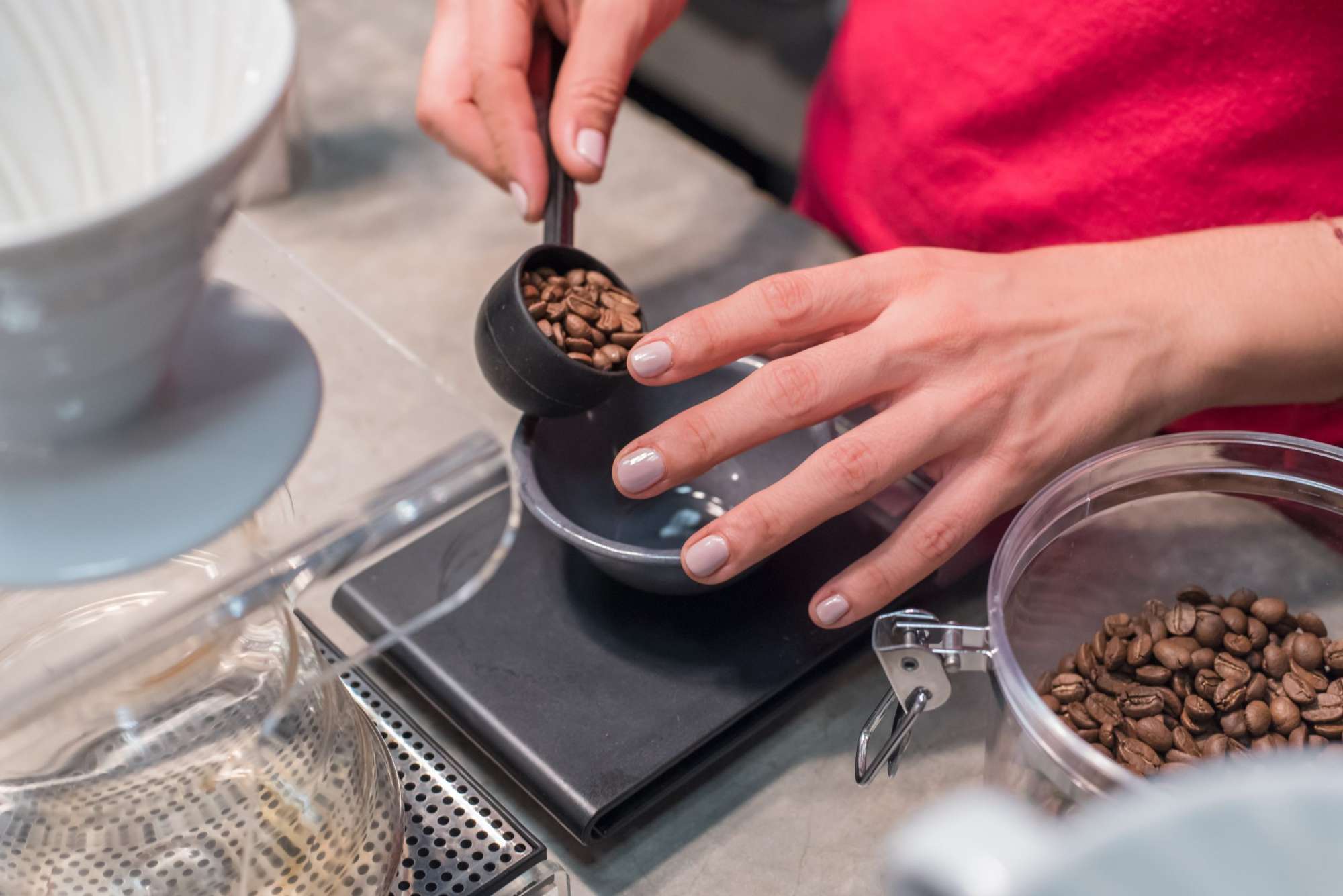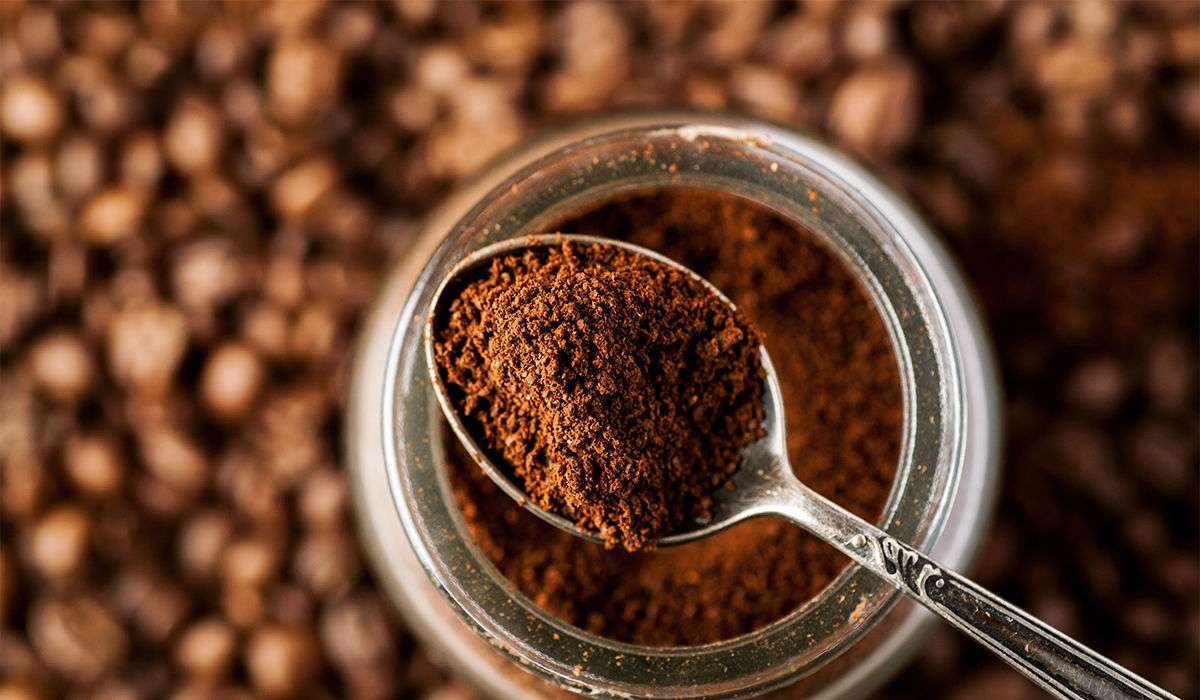Coffee and Health
Coffee and Health
Coffee is a very popular drink. Not only can help you feel energized, high focus, or burn fat, coffee may also lower some risk of diseases such as cancer, type 2 diabetes, Alzheimer's disease, Parkinson's disease. Even it may increase life expectancy. Drink coffee in moderation, to reap the health benefits.
We've heard a lot that coffee is bad for our health. Early studies on coffee suggest that coffee can lead to health problems. But recent research provides strong evidence that drinking coffee actually has many health benefits.
Each one's response to caffeine can be different. Moderate doses of caffeine (50–300 mg) can help increase alertness, energy, and focus. Higher doses can cause negative effects such as anxiety, restlessness, insomnia, and increased heart rate.
For those who are sensitive to caffeine, decaffeinated coffee is a good choice. Decaffeinated coffee also offers the same health benefits as caffeinated coffee.
Besides a basic cup of pure coffee, there are many ways to prepare coffee. It is important when mixing with other ingredients such as sugar, condensed milk or cream, you should pay attention to the calories and fat to suit your diet and health.

Anything that tends to be consumed a lot is closely watched. Many researchs on coffee in the direction of health protection have provided “The overall evidence has been pretty convincing that coffee has been more healthful than harmful in terms of health outcomes, and for most people, moderate coffee consumption can be incorporated into a healthy diet” - Frank Hu, chair of the Department of Nutrition at Harvard T.H. Chan School of Public Health, confirmed in Discover, 5 April 2021. He suggested that moderate coffee consumption, about 2 to 5 cups per day, is associated with a reduced risk of diabetes type 2 diabetes, heart disease, liver and endometrial cancer, Parkinson's disease and depression. Even coffee drinkers have a reduced risk of premature death.
Experts recommend brewing coffee with a paper filter, as unfiltered coffee is associated with higher rates of early death, and unfiltered coffee may contain compounds that increase levels of LDL "bad", or cholesterol. They also advise against using coffee with too much cream or sugar.

ESSENTIAL NUTRIENTS
Aside caffein, many of the nutrients in coffee beans make their way into the finished brewed coffee. A single cup of coffee contains:
- Riboflavin (vitamin B2): 11% of RDI
- Pantothenic acid (vitamin B5): 6% of the RDI.
- Manganese and potassium: 3% of the RDI.
- Magnesium and niacin (vitamin B3): 2% of the RDI.
- Plant chemicals: polyphenols including chlorogenic acid and quinic acid, and diterpenes including cafestol and kahweol.
(RDI mean the Reference Daily Intake)
HOW MUCH COFFEE IS IN MODERATION?
Caffeine content can vary depending on the type of coffee, but an average 240ml cup has 95 mg of caffeine. The allowable caffeine level in a day is about 400mg. Thus, in order to maintain a healthy heart and a healthy blood pressure, you should limit to less than 5 cups of coffee per day. When you exceed the threshold, you have erased the health benefits that you had in the previous 4 cups.
Drink coffee in moderation, to reap the health benefits.
1. Cancer:
Caffeine itself may interfere with the growth and spread of cancer cells
Coffee stimulates the production of bile acids and speeds digestion through the colon which can lower the amount of carcinogens that colon tissue is exposed to. In animal studies, it has been shown that different polyphenols in coffee inhibit the growth of cancer cells. Coffee also lowers levels of estrogen, a hormone linked to certain types of cancer. Coffee also reduces inflammation, a risk factor for many cancers.
2. Stroke:
Data for 34,670 women in Sweden without a history of cardiovascular disease indicated that women who drank more than one cup of coffee per day had a 22 to 25-percent lower risk of stroke compared with women who drank less.
Unfiltered coffee, such as French and Turkish presses, contains diterpenes which can increase "bad" LDL cholesterol and triglycerides. Espresso coffee contains moderate amounts of diterpenes. While filtered coffee (drip coffee) and instant coffee contain almost no diterpenes because the filtration and processing of these coffees removes diterpenes.
Even so, there is evidence that regularly coffee drinking can lower the risk of heart disease and stroke:
In a health study of 83,076 women, drinking 4 or more cups of coffee per day was associated with a 20% lower risk of stroke than those who didn't. Decaffeinated coffee is also associated with an 11% lower in stroke risk, with 2 or more cups per day. Studies have found no such association with other caffeinated beverages such as tea and soda. That mean, the study shows that there are compounds in coffee other than caffeine that have a protective effect on heart health.
A further study of 37,514 women concluded that moderate coffee consumption of 2 to 3 cups per day was associated with a 21% lower in the risk of heart disease.
Additionally, a meta-analysis of 21 studies in men and women looking at coffee consumption and mortality from chronic diseases, found that moderate coffee drinkers (3 cups per day) the risk of dying from cardiovascular disease was 21% lower than those who didn't drink.
3. Type 2 diabetes:
Although drinking caffeine can raise blood sugar levels in the short term, but long-term studies have shown coffee drinkers have a lower risk of developing type 2 diabetes compared with non drinker. The polyphenols and minerals like magnesium in coffee can effectively improve insulin and glucose metabolism in the body.


4. Gallstones:
Many studies suggest that caffeine or other caffeine compounds in coffee may prevent the formation of gallstones, the most common type of gallstone made up of cholesterol. Coffee can prevent cholesterol from forming crystals in the gallbladder. It can stimulate contractions in the gallbladder and increase the flow of bile so that cholesterol does not build up.
5. Digestive Issues:
In moderate amounts of coffee which can improve gut motility, prevent gastric reflux.
Coffee’s laxative effect has been attributed to the release of gastrin, a hormone the stomach produces that speeds up activity in the colon. What’s more, decaffeinated coffee has been shown to produce a similar response.
However, caffeine itself also seems to stimulate bowel movements by increasing peristalsis, the contractions that move food through digestive tract.
Although for many years coffee was believed to cause stomach ulcers, a large study of more than 8,000 people didn’t find any link between the two.
In a small study, when five healthy adults drank caffeinated water, they experienced a relaxation of the muscle that keeps stomach contents from moving up into the throat — the hallmark of GERD.
6. Coffee burns fat:
Caffeine is an ingredient found in most weight loss supplements. It is one of the few natural substances proven to help burn fat.
Some studies show that caffeine can increase your metabolic rate by 3 to 11%. There are studies specifically showing that caffeine can increase fat burning by up to 10% in obese people and 29% in lean people. However, it is possible that these effects are reduced in long-term coffee drinkers.
7. Protect Liver:
Most studies on liver disease and caffeine have specifically examined coffee intake. Caffeinated coffee intake is associated with a lower risk of liver cancer, fibrosis, and cirrhosis. Caffeine may prevent the fibrosis (scarring) of liver tissue by blocking adenosine, which is responsible for the production of collagen that is used to build scar tissue.
8. Can Fight Depression:
Depression is a serious mental disorder that causes a significantly reduced quality of life.
In a Harvard study published in 2011, women who drank 4 or more cups of coffee per day had a 20% lower risk of becoming depressed. Another study in 208,424 individuals found that those who drank 4 or more cups per day were 53% less likely to die by suicide.
9. Lower Risk of Parkinson's Disease:
The caffeine in coffee has been found in animal and cell studies aim to protect dopamine-producing cells in the brain. Parkinson's disease (PD) is mainly caused by low dopamine levels. There is consistent evidence from epidemiological studies that high caffeine consumption is associated with a lower risk of this disease.
A systematic review of 26 studies, including cohorts and case-control studies, found a 25% lower risk of disease with high caffeine intake. It also showed a 24% lower in disease risk with every 300mg increase in caffeine intake.
A Finnish cohort study followed coffee consumption and PD development in 6,710 men and women for 22 years. At that time, after adjusting for known risks of PD, those who drank at least 10 cups of coffee per day had a significantly lower risk of developing the disease than those who did not.
A large group of men and women were followed for 10 and 16 years study of caffeine and coffee intake in Parkinson's disease. The results showed that men who drank a lot of caffeine, 6 or more cups of coffee per day (women who drank moderately 1 to 3 cups of coffee per day) had a 58% lower risk of developing this disease than those who did not drink coffee.
10. Alzheimer's disease:
In the CAIDE study - cardiovascular risk factors, aging and dementia, people who drank 3 to 5 cups of coffee per day in middle age - averaging 50 years old, were able to significantly lower risk of Alzheimer's disease compared with non drinkers.
However, there are three systematic, inconclusive reviews of coffee's effects on Alzheimer's disease, due to a limited number of studies and high variation in the types of studies that produced the results. mixture. Overall, the results suggest a trend toward a protective effect of caffeine against end-stage dementia and Alzheimer's disease, but no firm claims can be made. Larger studies with longer follow-up are needed, the researchers say. Randomized controlled trials investigating the protective effects of coffee or caffeine on the progression of Alzheimer's disease and dementia are not yet available.

According to the above content, and if you are person who likes the taste of coffee, and you can tolerate its caffeine content, then do not hesitate, make yourself a cup right away.
Compiled and penned by Crocus Media
Products

Robusta mix with Arabica
The coffee which blends according to the ratio of 50 Robusta : 50 Arabica, is the perfect combination between the mild sourness, mild bitterness of Arabica and the characteristic bitter, fatty taste of Robusta. The aroma of Arabica when combined with the richness of Robusta will create a great flavor that captivates people.

Robusta coffee
Robusta coffee has its origins in the central and western sub-Saharan Africa. It is the second most popular coffee in the world representing between 40% and 45% of global coffee production. Robusta coffee has a bitter flavor of dark chocolate, almonds and whiskey with a peanutty aftertaste.

Arabica coffee
Arabica, which originates from the forests of Southern Ethiopia and Yemen, is by far the most popular coffee in the world with the total output accounting for more than 60%. Arabica beans have different flavors depending on the region, it can be sweet with a fruity flavor but can also have a grainy or nutty flavor.


